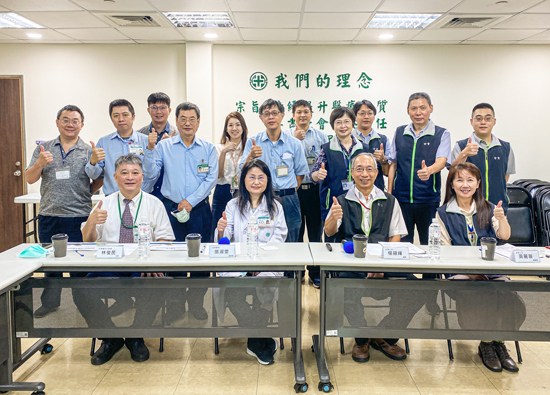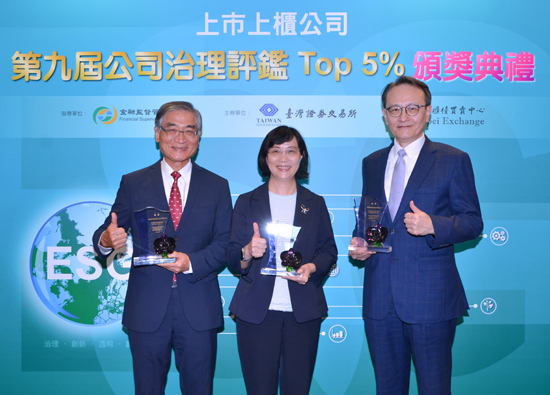07.2023 Honor and Personnel Change
Far Eastern Memorial Hospital has performed excellently in responding to energy-saving policies and implementing environmental sustainability
Far Eastern Memorial Hospital / Luo Yunyu

 In response to the policy adjustment of Taiwan Power, Far Eastern Memorial Hospital has implemented multiple energy-saving measures, resulting in a 6.6% decrease in electricity consumption from January to April 2023 compared to the same period last year; In addition, in cooperation with the Demand response of Taiwan Electric Power, it assists in standby load shedding to generate 400~1000KW. Due to good energy-saving results, on May 15th, a delegation led by the North South District Business Office of Taiwan Radio Station visited and promoted the relevant measures to other medical industries.
In response to the policy adjustment of Taiwan Power, Far Eastern Memorial Hospital has implemented multiple energy-saving measures, resulting in a 6.6% decrease in electricity consumption from January to April 2023 compared to the same period last year; In addition, in cooperation with the Demand response of Taiwan Electric Power, it assists in standby load shedding to generate 400~1000KW. Due to good energy-saving results, on May 15th, a delegation led by the North South District Business Office of Taiwan Radio Station visited and promoted the relevant measures to other medical industries.The energy-saving measures of Far Eastern Memorial Hospital include adjusting the ice making and melting periods of the ice storage air conditioning, intelligently regulating the temperature of each room in the operating room during use and non use periods, and installing induction lighting in public walkways, stairwells, and parking lots. Vice President Zhang Shuwen stated that the hospital is actively improving the medical environment and improving energy efficiency. Although it has reached its milestone goals, it will continue to implement sustainable actions to achieve the vision of net zero emissions by 2050.
#





















